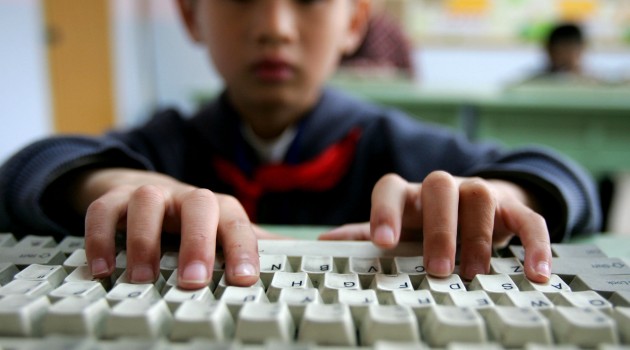
Blogging is all the rage nowadays and our children are digital natives. So we thought it would be a great idea to inspire your class to write by blogging. Here are some of the benefits to starting a classroom blog.
1. Social Skills and Confidence
Blogs are a great way to build social skills and confidence in an offline world. Teachers tell us that quieter children may share more online than they do in person. Blogging gives them a good opportunity to get their voice heard and get attention from their classmates.
2. Global Connections
Blogging opens up the classroom to a global audience and invites children to look beyond the four walls of the classroom. This can be enhanced by getting to know or “buddying up” with other schools that blog across the world. In some cases we have heard of schools who have Skyped and commented regularly, worked on collaborative projects and even visited each other!
Top tip: Visit The Edublogger to find other classroom blogs and of course add your own.
3. Improved Literacy
Many teachers find a real improvement in their pupil’s literacy skills when blogging. You may find that reluctant writers like writing with a purpose and enjoy the feeling of being a “published author”. Teachers tell us that children are using blogs to purposefully communicate and converse with others.
Top tip: Build a theme and a focus. Make sure you dedicate a specific topic to each day (or week). This will help your writers to remain relevant and focussed.
4. Wider audience & authentic feedback
Blogs provide a much larger audience for work beyond the traditional classroom, where the audience is the teacher and possibly classmates. This allows for ‘realtime’ feedback and self-improvement through commenting. As well as gaining useful feedback, children can also build on their constructive criticism. Such a wide audience also ensures that children take a lot of pride in their work.
Top tip: As a teacher you can provide feedback through the commenting feature and this can feel less formal than marking an exercise.
5. Building Digital Citizenship
Through blogging, your class will build an awareness of digital issues such as esafety, digital footprint, plagiarism, copyright etc. When blogging, children will also learn ICT skills and features such as keyboard shortcuts, Creative Commons, researching online and troubleshooting. Blogging is an excellent way to learn about being a responsible member of an online community. Almost daily, your class will have the opportunity to discuss cyber safety issues and appropriate online behaviours in a safe and authentic setting.
Top tip: Avoid giving out any personal information like pupils’ addresses, birthdays, etc. Visit www.swgfl.org.uk
Read more:

